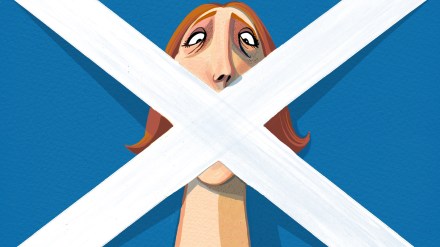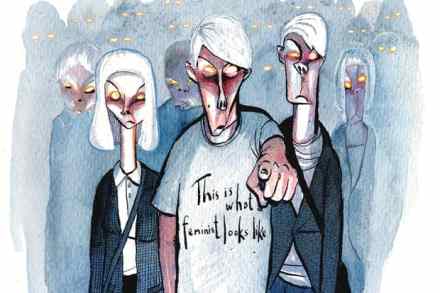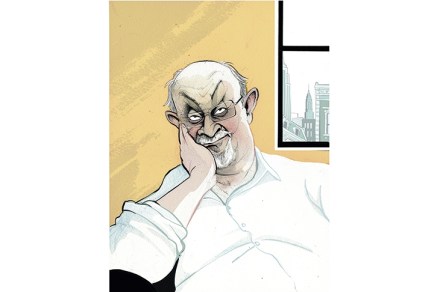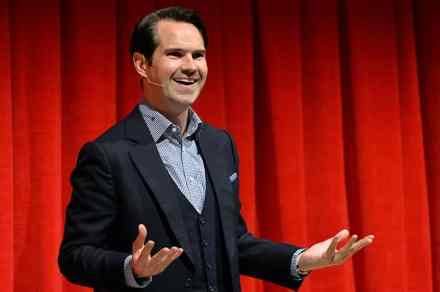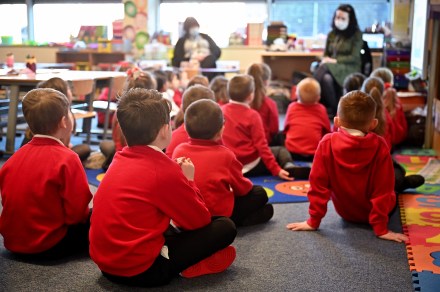Scotland’s Hate Crime Act may have done us all a favour
Scotland’s Hate Crime Act (HCA) has, by common agreement, been an unmitigated disaster. Less than a week old, there are already calls for it to be repealed – like the equally misconceived but more awfully named Offensive Behaviour at Football and Threatening Communications (Scotland) Act 2012. The police are now clearly hesitant of arresting anyone for hate crime The police have been swamped with thousands of complaints, many vexatious, all of which they are pledged to investigate. JK Rowling has blown the doors off with her ‘arrest me’ tweets, but the First Minister, Humza Yousaf, attracted more hate crime complaints in the first two days than she did. SNP Ministers like Siobhan Brown have been ridiculed for misrepresenting their own



